
What Chinese Want
Culture, Communism, and China’s Modern Consumer
Recommendation
Already the world’s second biggest economy, China will one day not too far into the future supplant the United States economically. Western companies look at China’s 1.3 billion potential customers with longing, particularly given the Chinese people’s contemporary reverence of materialism and pursuit of consumer goods. Western businesspeople should welcome this comprehensive, enlightening guide to Chinese culture, corporations and consumers by J. Walter Thompson’s lead China executive Tom Doctoroff. Early in his instructive compendium, Doctoroff wisely attempts to defuse any objections readers might have to learning about China from an advertising executive by pointing out that admen operate at the “intersection of commerce and culture.” The expertise Doctoroff has gained from years of living and working in China hasn’t hurt his efforts, either. He turns out to be an excellent, if sometimes redundant, guide to many aspects of commerce and life in this complex society. getAbstract recommends his densely informative overview to executives and managers conducting business in China.
Summary
About the Author
Tom Doctoroff, an advertising professional, is the North Asia area director and Greater China CEO for J. Walter Thompson.








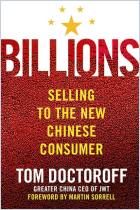
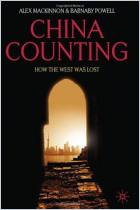
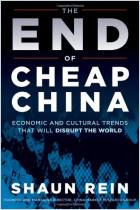
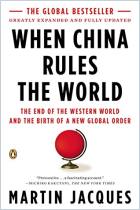
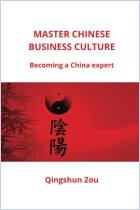
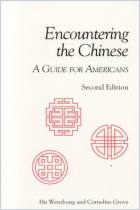
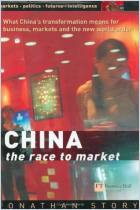




Comment on this summary